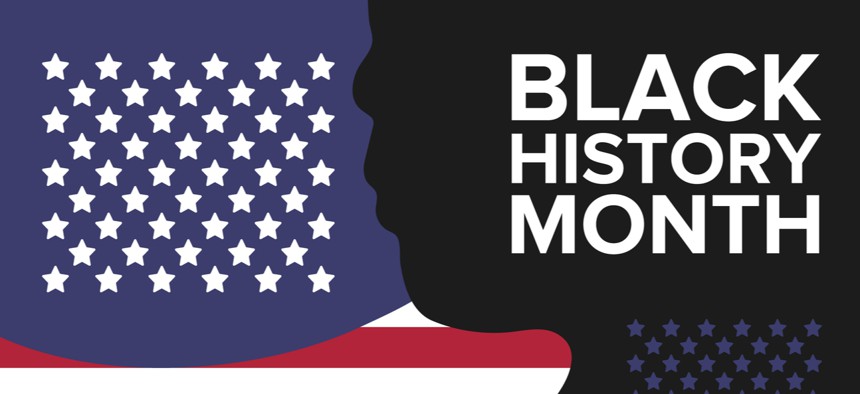
Shutterstock
Black Americans in the Government Hall of Fame
These stellar public servants have made vital contributions to American life.
One of the myriad ways Black Americans have contributed to the growth and development of the United States has been through service in the federal government—despite substantial barriers to their success.
For the past two years, Government Executive has recognized distinguished public servants throughout American history via induction into the Government Hall of Fame. Many of the inductees are Black leaders who have served in critical positions in the U.S. government—some prominent, some lesser-known. All, however, have made powerful contributions to American life and history, from giving voice to enslaved Black people to making calculations vital to John Glenn’s historic space flight.
In honor of their service and accomplishments, and in recognition of Black History Month, here is a look at the Black inductees into the first two classes of the Government Hall of Fame. This is just the beginning of a long process of recognition. There will be many more added in the years to come. Nominations for the Hall of Fame class of 2021 and the annual Theodore Roosevelt Government Leadership Awards will open soon.
Hubert T. Bell (Class of 2019)
Bell’s 54 years of distinguished federal service included 29 years in the U.S. Secret Service followed by 22 years as the inspector general of the Nuclear Regulatory Commission. He broke barriers by being selected to protect then-Vice President George H.W. Bush as the first black Secret Service agent to head a vice presidential protective detail. In 1996 he was nominated by President Bill Clinton to be the IG of the NRC. Upon his retirement in 2018, Bell was widely recognized as a trailblazer in federal law enforcement who spearheaded the advancement of minorities and women.
Ralph Bunche (Class of 2020)
Bunche was a diplomat and civil rights leader who brokered the 1948 armistice between Arabs and Jews in Palestine. He was the first nonwhite person to win the Nobel Peace Prize. During World War II he served in the Office of Strategic Services, War Department and State Department, where he focused on colonies in Africa and the Caribbean. Bunche also helped plan the creation of the United Nations.
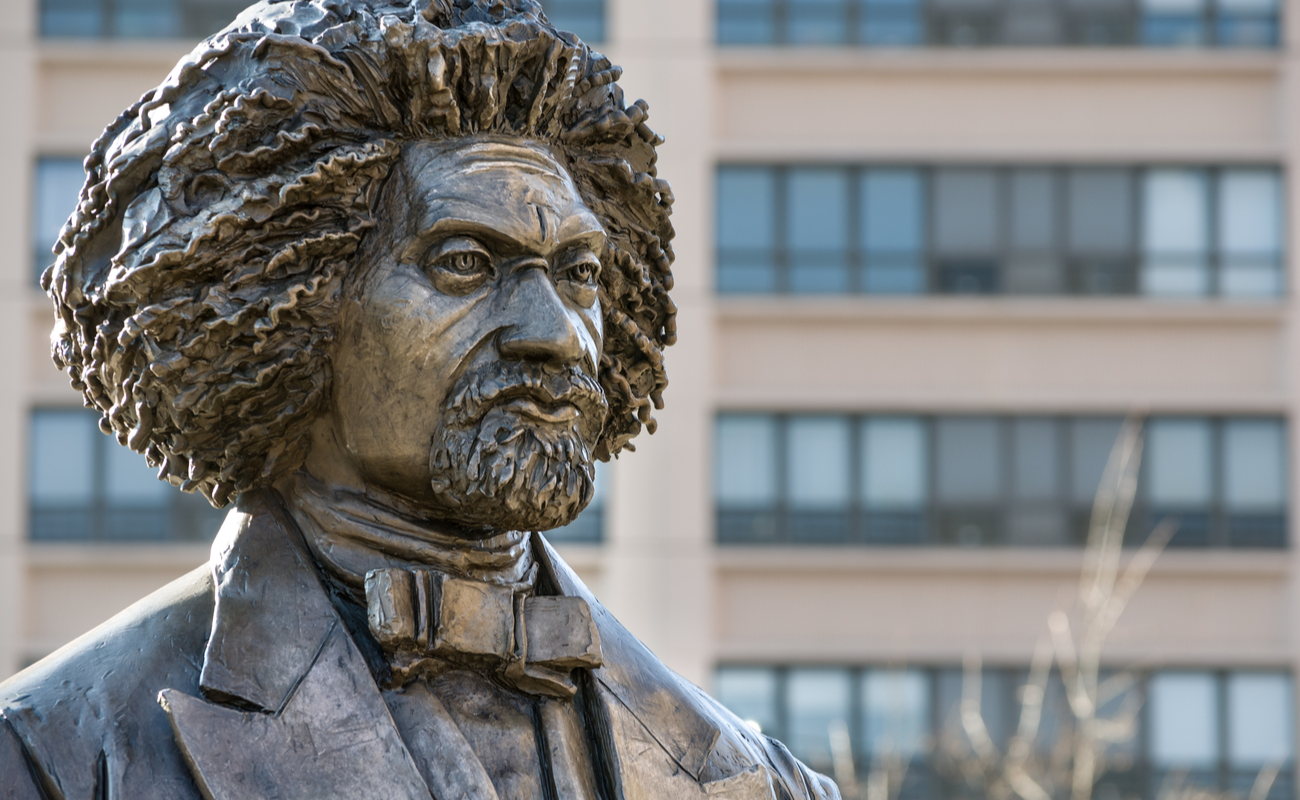
Frederick Douglass (Class of 2020)
Born into slavery in 1818, Douglass fled north and became one of the most famous abolitionists and a renowned Black leader. That included not only playing an active role in national politics, but also holding important and trailblazing positions in the federal government. In 1877, he was appointed U.S. marshal for the District of Columbia, becoming the first Black American to hold a Senate-confirmed position. In 1889, Douglass was appointed minister to Haiti, a post he held until 1891.
Howard Jenkins Jr. (Class of 2020)
Jenkins was the first Black American to be a member of the National Labor Relations Board, where he served for 20 years under six presidents. Before NLRB, he worked in the Office of the Solicitor at the Department of Labor, where he helped draft the landmark 1959 Labor-Management Reporting and Disclosure Act. Following the passage of the law, he went on to serve as assistant commissioner of the Bureau of Labor-Management Reports, where he was the highest-ranking Black lawyer in the federal government.
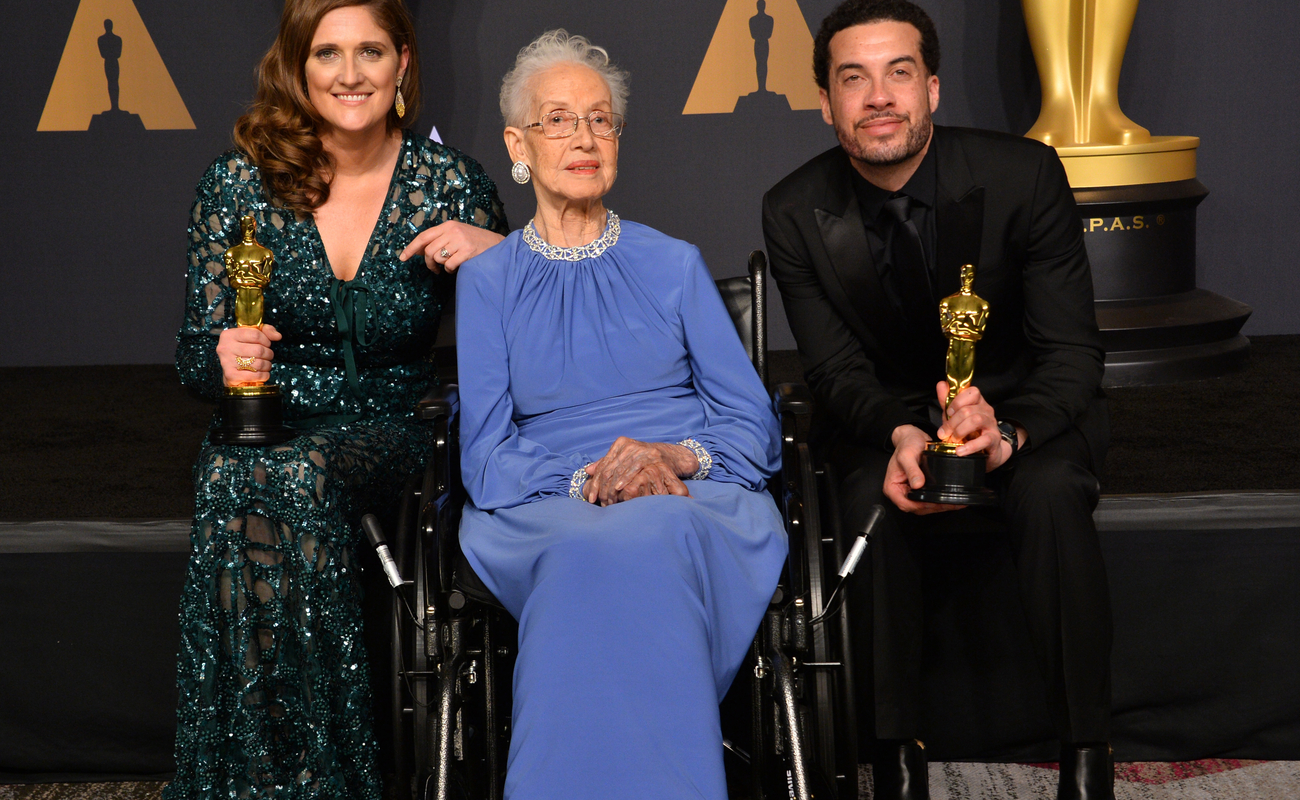
Katherine Johnson (Class of 2019)
Johnson started her federal career of more than 30 years at the all-black West Area Computing section at the National Advisory Committee for Aeronautics’ Langley laboratory. When NACA became NASA in 1958, she joined the agency, providing computational support for the emerging space program. Her work on John Glenn’s flight as the first American to orbit the earth was featured in the 2016 feature film Hidden Figures. Glenn refused to fly his spacecraft until Johnson had verified an electronic computer’s work. She later worked on calculations to sync spacecraft in the Apollo program.
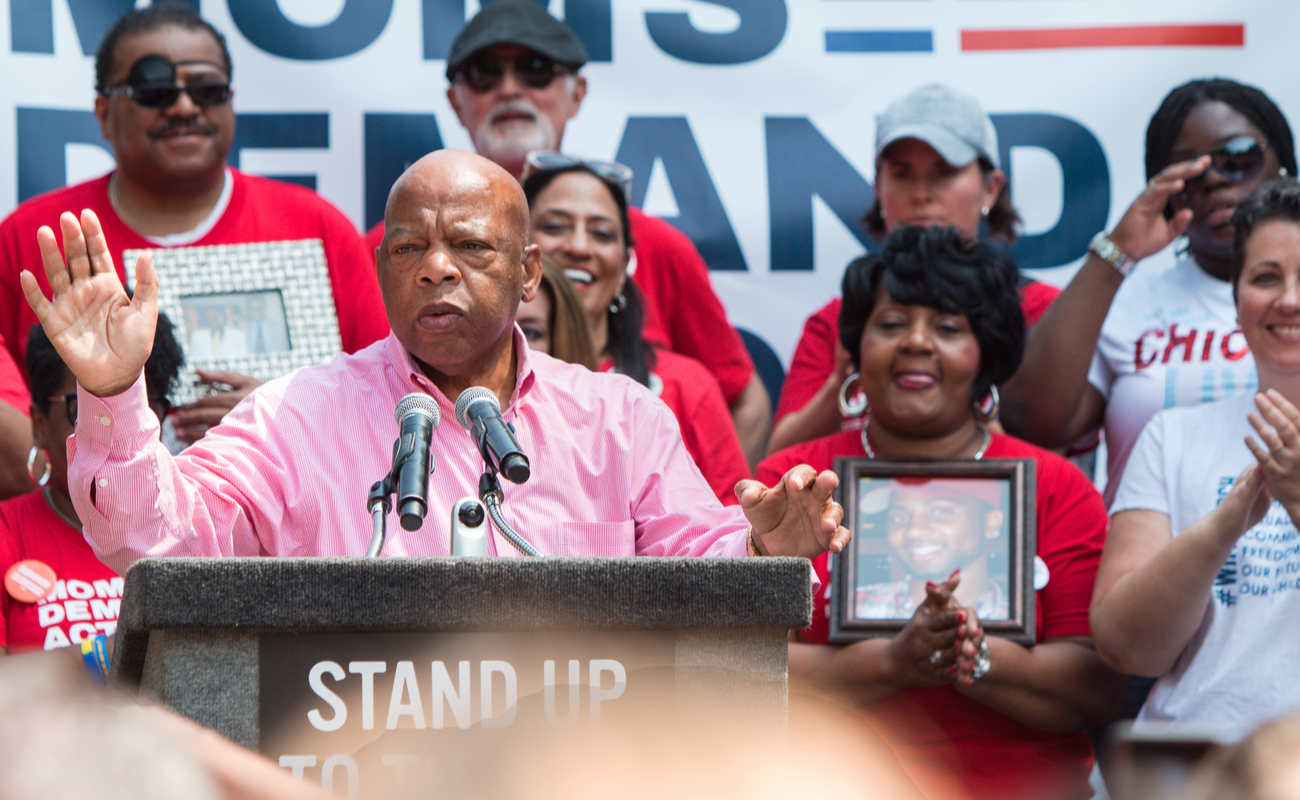
John Lewis (Class of 2020)
From the moment he joined the Freedom Rides in 1961, suffering savage beatings at the hands of white segregationists, Lewis became a figure of historic importance in the civil rights movement. As head of the Student Nonviolent Coordinating Committee, He helped organize the March on Washington in 1963. In 1977, after an unsuccessful run for Congress, Lewis was appointed by President Carter to lead domestic volunteer programs at ACTION, the federal agency responsible for Volunteers in Service to America and other efforts. In 1986, he won election to the House of Representatives, and was reelected 16 times. He was awarded the Presidential Medal of Freedom in 2011.
Constance Berry Newman (Class of 2019)
Having begun her federal career as a secretary at the Interior Department in 1962, Newman worked her way up to earn seven presidential appointments. She was nominated by President Richard Nixon to serve as director of VISTA and later as a member of the Consumer Product Safety Commission. Newman was later an assistant secretary of Housing and Urban Development and director of the Office of Personnel Management under President George H. W. Bush. From 1992 to 2000, she served as undersecretary of the Smithsonian Institution. She was assistant secretary of State for African affairs in 2004-05.
Colin Powell (Class of 2019)
Powell’s 35 years of service in the Army included two tours of duty in Vietnam. He became President Reagan's deputy national security adviser in 1987, and national security adviser in 1988-89. In 1989 he was promoted to the rank of general, and was appointed by President George H.W. Bush to be chairman of the Joint Chiefs of Staff. In the four years Powell served in that capacity, he oversaw 28 crises, including Operation Desert Storm in 1991. He later served as secretary of State under President George W. Bush from 2001 to 2005.
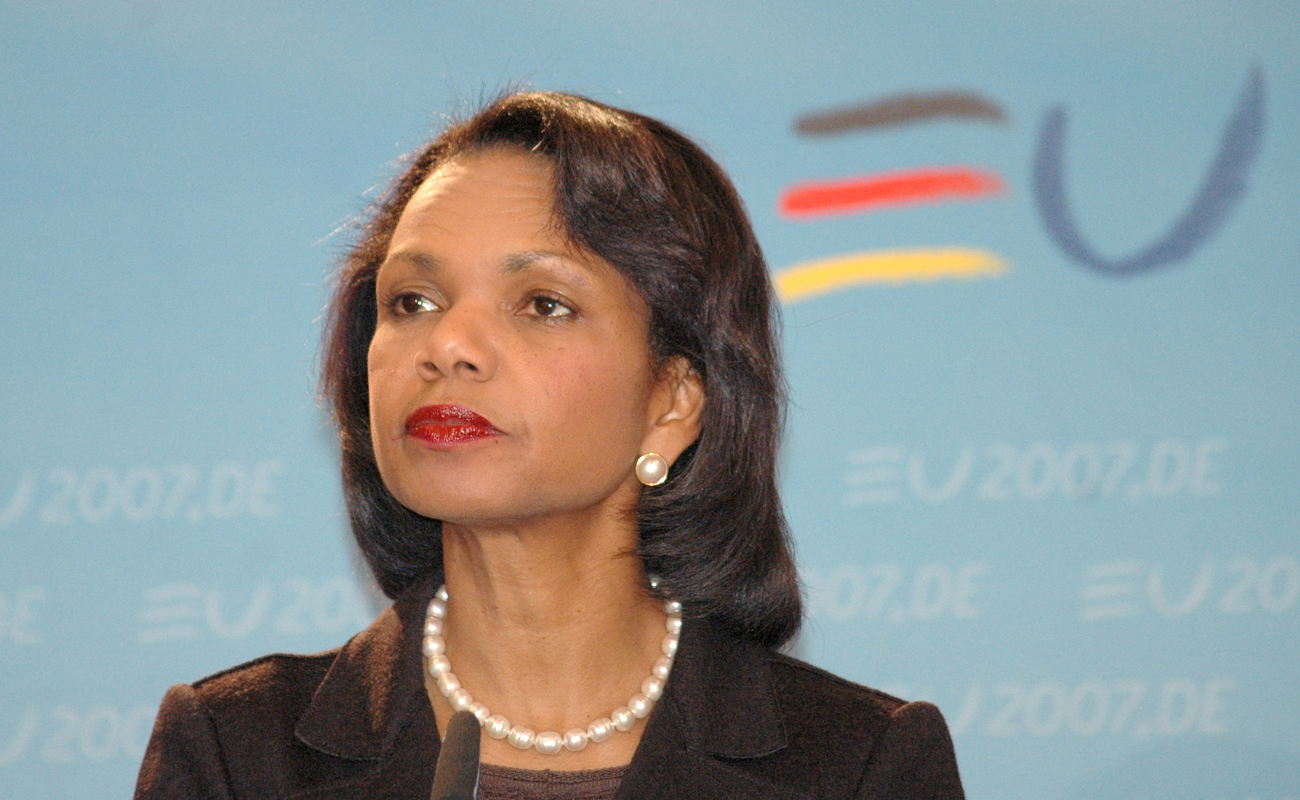
Condoleezza Rice (Class of 2020)
After beginning her career in academia at Stanford University, Rice served on the National Security Council as senior director of Soviet and East European Affairs under President George H.W. Bush. In 1997, she was a member of the Federal Advisory Committee on Gender-Integrated Training in the Military. From 2005 to 2009, during the George W. Bush administration, she served as Secretary of State, the first Black woman to hold the post.







